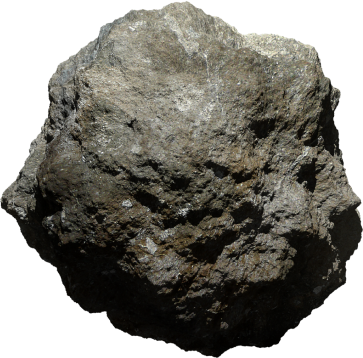An alien visitation would be a truly outstanding occurrence if it were validated scientifically. It would possibly rank as the greatest discovery ever since science began. For centuries however, astronomers, both professional and amateur, have been looking into the skies without ever finding good evidence for the existence of extraterrestrial beings. Given our knowledge of the Universe, this is not surprising.
Although there are many billions of stars around us, the distances involved are stupendously large. The practical difficulties involved for alien spacecraft traveling to Earth beggar belief. This is not to say it is impossible; just very unlikely. When you see a strange light in the sky, you should not jump to the conclusion that you have seen a UFO. Other, more mundane explanations are possible in the majority of cases.
The key thing is to always discount the more mundane answers before ever jumping to improbable conclusions.
What did you see?
Here’s a quick guide to some strange lights in the night sky, and what they might be.
Steady moving lights, flashing each second, possibly green or red; sometimes very bright white lights.
It’s likely to be an aircraft. This is probably a trivial case as most people are aware of what planes look like at night. Near airports, planes can have very bright landing lights turned on that can drown out any flashing beacons.
Steady moving light high in sky with no flashing. Moving slowly. Seen after sunset or before sunrise. Can be very bright, but usually quite dim. May disappear almost instantaneously.
You may have seen an artificial satellite. There are hundreds of satellites in the sky, normally only visible in the night sky after sun-down, when the light is still shining on them. The sudden disappearance happens when it moves into the Earth’s shadow. If the light is very bright, it is likely that you have just seen the International Space Station, quite a common sight in our skies these days.
Orange flickering light, floating around 50 to 100 metres above the ground. Light may dim slowly after a few minutes.
You have possibly seen a Chinese Lantern, a small, inexpensive hot-air balloon made out of paper and wire. Chinese Lanterns have become very common around the country at celebrations, Halloween and New Year’s Eve.
Steady bright light. No apparent movement. May be close to horizon or visible in the southern sky. Much brighter than surrounding stars.
It’s possible you have seen Jupiter or Venus, two surprisingly bright planets at certain times of the year. After the Moon, these two objects are the brightest objects in the night sky.
A very bright point of light in the sky. It lasts momentarily, then disappears again. It may move slowly. So bright you might even see it during the day.
You may have seen an Iridium Flare, essentially the reflection of a low-orbit Iridium satellite, originally used to provide satellite mobile communications. The reflections can be surprisingly bright.
Very bright green or red light in the sky, 200 metres or so above ground. Appears to move very slowly.
You may have seen an emergency flare. This is a very bright firework, shot up in the sky as a distress signal to nearby shipping. In Ireland, flares are often sent up during celebrations like the New Year.
Fast moving bright object. May travel a large distance across the sky in a split second. Possibly a greenish colour associated with the event.
You may have seen a fireball. This is a rocky object from space that has collided with the Earth’s atmosphere, heating up and exploding on impact. It may also be a satellite re-entering the Earth’s atmosphere. Such an event is worth noting! You should make a note of your observation with the International Meteor Organisation.
Strange diffuse lights, illuminating clouds. Moving rapidly, possibly rhythmically. There may be more than one light in the sky.
You may have seen the effect of searchlights shining up on clouds. Local festivals and event organisers sometimes use searchlights to attract attention to their shows at night.
Other sightings may have arisen from light reflections, optical illusions or mistaken identity. It may be that the witnesses were very tired at the time or under the influence of drugs or medication, or they may have been the subject or originator of a deliberate hoax. The key thing is to always discount the more mundane answers before ever jumping to improbable conclusions.

Discover the wonders of the night sky within your own school hall. The dome inflates in an indoor space, 6m by 6m with a 3.5 m height ceiling. Capacity is 30-35 pupils per session, with up to 8 sessions in a school day.
valid student card to be presented
People typically spend
up to 1.5 hours here
Admission includes access to MTU Blackrock Castle Observatory’s award winning science centre, a tour of the 16th century castle, and a live astronomy show
We are thrilled to welcome you back to MTU Blackrock Castle Observatory!
We are now welcoming both pre-booked and walk-ins back to the castle. Pre-booking is recommended to ensure admission at that specific time and if you have any further queries, please don’t hesitate to contact us directly at info@bco.ie or 021-4326120.
Please arrive on time and get ready for a wonderful experience at the castle.






